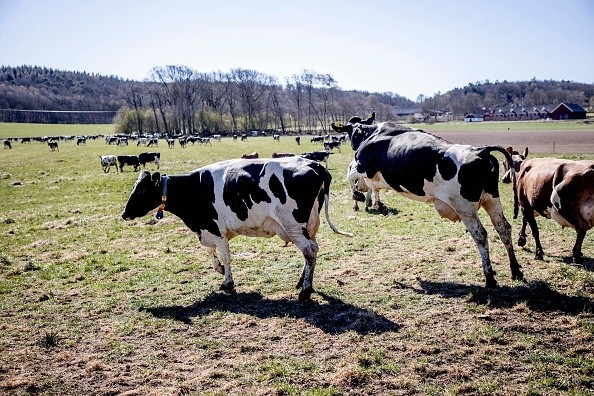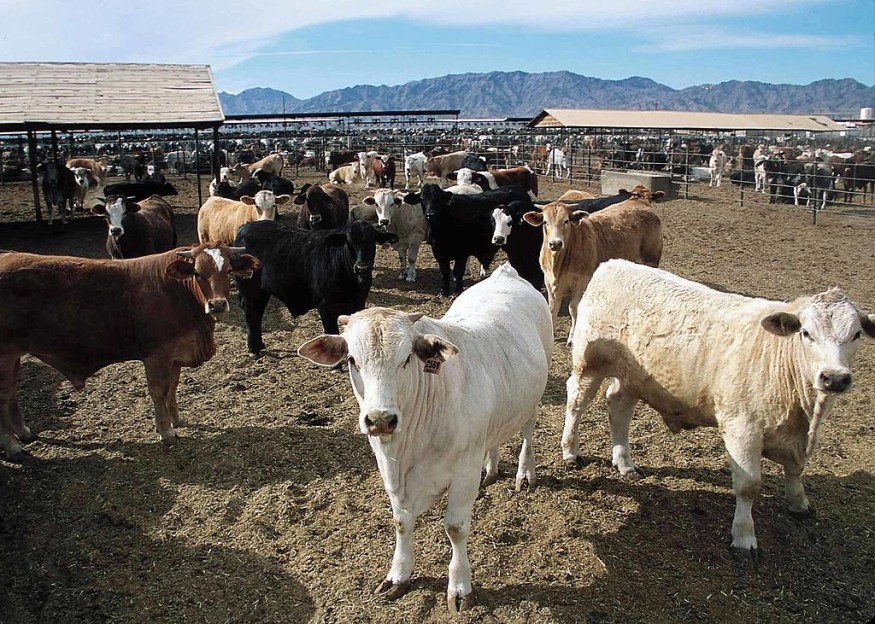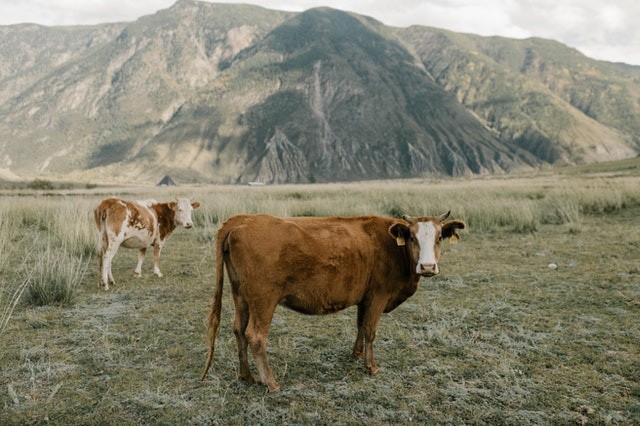According to a recent study from the University of Colorado Boulder and the Climate Policy Initiative / PUC-Rio, providing individualized training to Brazilian ranchers can not only assist retain carbon in the ground and enhance their livelihoods and reducing climate change.

Innovative Study
The new study, published today in the Proceedings of the National Academy of Sciences, examines the findings of a randomized control experiment that looked at whether agricultural extension services could aid in the restoration of cow pastures in Brazil. The trial demonstrated that personalized assistance and educational instruction helped ranchers sustainably increase their cattle output and compensate for themselves.
Furthermore, the program's net impact on greenhouse gas emissions was comparable to a reduction of 1.19 million tons of carbon dioxide discharged into the atmosphere, the same amount that neighboring Paraguay releases in a single year.
Vital for the Bigger Picture

According to Barbara Farinelli, co-author of the report and senior agricultural economist at The World Bank, it's a vital piece of the jigsaw in achieving climate targets. Farmers have become the transformative agent for climate objectives, which explains their success.
Brazil
Brazil is the world's biggest exporter of beef, making it a vital component of the Brazilian economy and a source of income for many rural areas. On the other hand, cattle ranching has a climate problem: livestock supply chains account for 14.5 percent of worldwide greenhouse gas emissions and up to one-third of all emissions in Latin America, totaling hundreds of millions of tons of CO2.
One-third of Brazil's cattle output is produced by mid-sized ranches, such as those studied in this study. However, unlike the US cattle sector, which is dominated by feedlots, approximately 90% of Brazilian beef is pasture- or grass-raised.
This implies there will be a tremendous demand for pastureland. And according to Peter Newton, co-author of the research and associate professor of environmental studies at the University of Colorado Boulder, much of it has occurred at the expense of the Amazon and Cerrado biomes in recent decades.
Beef Industry

The study comes when the Brazilian beef industry is urging farmers to return to the Amazon, claiming that intensive cattle ranching will allow more meat to be produced on less land, reducing deforestation. The fact that most smaller producers in Brazil lack the technical and financial capacity to invest in procedures that assist in growing more cattle on less land is a major criticism of this claim.
The current research adds to a growing body of data indicating the value of personalized support in assisting farmers in adopting sustainable practices and increasing production. It provides good scientific evidence that can be used to guide policy discussions in Brazil and abroad.
Because many Brazilian farmers cannot afford to apply new sustainable techniques, the country has enacted a national program that provides credit to ranchers and farmers. However, researchers discovered that knowledge, not money, is the biggest impediment to achieving long-term reforms.
The ABC Cerrado program, which is funded by the World Bank through a grant from the Forest Investment Program (FIP) and implemented by the National Service of Rural Learning (SENAR), aims to provide farmers with the information and skills they need to make long-term changes in their cattle production. The initiative has taught 7,800 farmers since its inception in 2012.
They put up a thorough, randomized controlled trial for this study endeavor. They recruited 1,369 farmers from across the Cerrado highlands of central Brazil, many of whom had never received previous instruction on sustainable techniques. 706 ranchers took part in a 56-hour training on one of the program's four recommended methods, including pasture restoration, rotational grazing, and no-till agriculture.
311 of the 706 producers got technical help in 24 field technician visits (one per month for two years) to their land, where they received one-on-one counseling. The researchers discovered that while training alone had no statistically significant effect on any of the evaluated outcomes, producers with technical support had statistically significant results.
Cost-Benefit
Ranchers who got one-on-one assistance saw a significant boost in productivity in a short period of time. These ranchers improved their profits by 39% in just two years, surprise the researchers. According to the study, many farmers adjusted numerous elements of their operations and adopted improved management practices as a result of adopting more sustainable technology.
The program's cost-benefit analysis was very excellent. The initiative created a climate benefit of $47.6 million per year when the cost of carbon was included, making it financially effective even if the benefits only lasted a year.
Related Article : New Renewable Fuel Can Be 3 Times More Powerful Than Gasoline
For more news about making the environment sustainable, don't forget to follow Nature World News!
© 2026 NatureWorldNews.com All rights reserved. Do not reproduce without permission.





